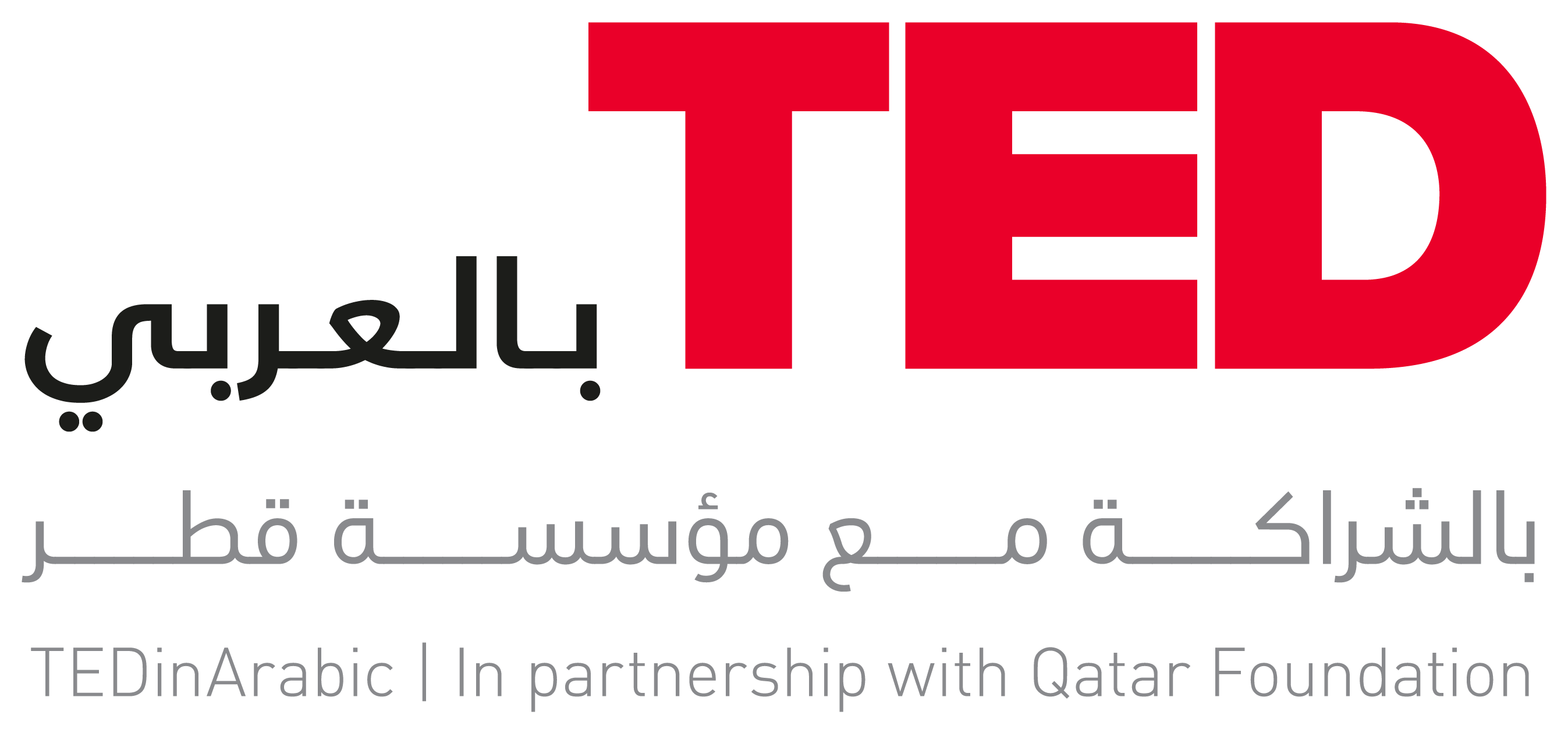The Importance of Prioritizing Girls’ Education in a Post Pandemic World
Earlier in March, as we passed the one-year anniversary of the global pandemic, I thought about my two daughters, and I felt exhausted. This past year, like many parents worldwide, I’ve been trying my best to help them navigate online schooling, maintain friendships during lockdowns, and manage their emotions despite uncertainty—but I know I can never do enough.
I’m a mom first, but for the past year I have been a teacher, a cook, and a therapist in our new lockdown reality. Mothers around the world can sympathize—our roles have grown even more demanding as our homes become our schools, our healthcare centers, and our offices. As our world shrinks to a few small rooms, I ask myself: will my girls still have the expansive opportunities I’ve dreamt for them as they grow up?
Much has been written about the uneven impact of the ongoing COVID-19 pandemic. Around the world, women and girls continue to lose income, jobs, and family members while facing increasing challenges at home. Alarmingly, gender-based violence is also on the rise. If this pandemic is anything like past health crises, girls are disproportionately at-risk of not returning to schools when they reopen. At the current rate, it is projected that over 11 million girls may never return to school after the pandemic.
As schools turned virtual or closed altogether, more domestic work fell on women, forcing them to make the difficult choice between their families and their careers. In advanced economies, women have been leaving the workforce in record numbers. In the US, women’s labor force participation rate is the lowest it has been in 33 years. In developing economies, where many women work in the informal sector or are self-employed, months of lost income and job uncertainty continue to present grave threats to livelihoods. Eighty percent of informal sector incomes in Africa were lost in the first month of COVID-19 alone.
The compounding impacts of the pandemic have produced devastating consequences for us all. Women are losing opportunities to explore their talents, lead their communities, and drive innovation around the globe. As economic and educational opportunities shrink, an estimated 96 million people will be pushed into extreme poverty, 47 million of whom are women.
So, I ask myself: how can we make a difference and address the fundamental reasons such inequalities persist? How can we tackle the disproportionate impacts of the pandemic on women and girls?
In my opinion, it is obvious. It starts with girls’ education; better-educated women are the key to driving development and lifting communities out of poverty. The leading research demonstrates that investing in girls’ education benefits not only our economies but also national security, health sectors, and life outcomes. If all girls attained secondary school educations by 2030, it would increase the GDP of developing countries by an average of 10 percent. But even today, when times get hard, girls are still the first to be taken out of school. It is time to re-evaluate education equity as the driver for social equity and address the root causes of women and girls being left behind.
It is the international community’s joint responsibility to educate our girls; if we do not rise up and meet this challenge together, we risk exacerbating deep structural inequalities and diminishing all the progress that was made before the pandemic.
Of course, aid and philanthropic organizations have been investing in girls’ education for decades, so is this really anything new? To change the outcomes, what is really needed is to fund education more effectively and to hold those in power accountable for impact.
Evidence shows that investing only in successful results, rather than just educational inputs such as books and school buildings, can make a huge difference in girls’ learning. With this approach, Educate Girls has already enrolled more than 750,000 girls in India since its creation several years ago. It’s no longer good enough to say, ‘we built this school’ or ‘we ran this training course.’ The Education Outcomes Fund (EOF) is another example of a wider movement to shift how we help children to learn. In uncertain times, the ability for schools and educators to quickly shift their approaches based on local contexts and innovate depending on what works ensures we can provide the best possible education for all children.
This approach to improving education will alter the asymmetrical impact of global challenges. It will help stabilize nations and communities, put more girls into universities, and realize the latent talents of many millions of daughters around the world.
I think again about my daughters, who for days on end over the past year have sat hard at work on their computers, eyebrows furrowed, headphones on, determined despite the challenges they continue to face. Like many, they have struggled to keep up with their online courses and have faced mental health challenges this year. It is not easy for them. It has not been easy for anyone.
A global pandemic has brought all of us suffering. It is how we move forward that will determine our children’s futures. Let us empower our girls with education—giving them the tools they need to change the systems keeping them from success. Let’s give tomorrow’s women and girls better choices than the ones we have faced this past year.
The path to change is strewn with obstacles, but we will rise to the challenge.
